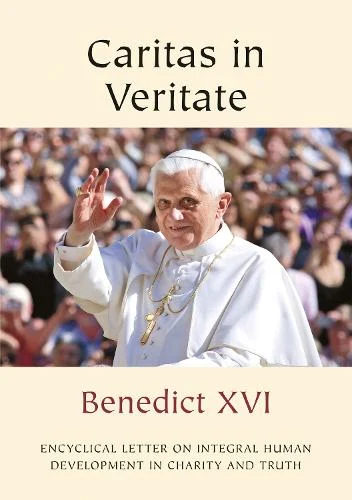WHERE WILL THE YOUNG WORK?
by John Battle
I recently had the privilege as Pro Chancellor of Leeds Trinity University of presiding over the Graduation ceremonies, great occasions of celebrations of academic achievements by students and their families and friends and the university staff. Leeds Trinity University, a highly regarded Catholic teacher training established in the 1960’s by the Cross and Passion Sisters, was upgraded to full independent university status in 2012.

It now has a diverse range of courses including vocational in-service training for health and policing services and retains its reputation for pastoral care of students, again gaining the highest ranking among UK universities for this year.
Previously Leeds Trinity has held one of the highest ranking for “student employability” but today that, as in all universities, is under great pressure. Entry level job vacancies in the UK have slumped to their lowest since 2018. Last year there were an average of 100 applications per graduate job. Moreover, new technology hiring has dropped by 25% since 2023.
The traditional business route into accountancy has dropped off by 30% as AI is reported as replacing start
up repetitive tasks such as data cleansing, draft writing and administration. HR managers are no longer needing graduate starters. Over supply of higher educational qualifications is said by some to be depressing job market opportunities (30% of the population now have a degree up from 19% in the 1990’s) and certainly the much wished for increase in economic growth has not yet taken off.

Nor is the issue just one of rising graduate unemployment. The official UK unemployment rate rose to 4.7% in the three months to May and vacancy rates have fallen for 36 consecutive periods. The net impact is hitting prospects for young workers hardest.
There are currently 923,000 16- 24-year-old “not in education, employment or training” (known as ” NEETS”). They make up 14.2% of the unemployed and represent not just unskilled and youngsters with no relevant qualifications but also years of underfunding of employment support services for young people. The long tail legacy of COVID lockdowns and a sharp rise in youth mental health problems are neglected parts of the picture.
However, increasing the challenge emerges “where will the young work in future?”. It is not sufficient to complacently concede to the job reducing effects of new technologies. Recent figures demonstrated that more
people in West and South Yorkshire were working in the new warehouse and distribution centres along the MI and M62 motorway routes than ever worked in the Yorkshire coalfields at their peak.
But the age of warehousing replacing mining jobs is now moving in robotics are displacing warehouse workers, especially women packers. In other words, labour markets, from traditional manufacturing and production to service sector administration and management are undergoing profound restructuring and transformation and presently squeezing out opportunities for new young workers.
In his still much neglected social encyclical neglected “Caritas in Veritate” Pope Benedict reflected deeply on the economic and political challenges of our times and spelt out what has not become a new buzz word call
for a “reset”.
“The complexity and gravity of the present economic situation causes us concern, but we must adopt a realistic attitude as we take up with confidence and hope the new responsibilities to which we are called by the prospect of a world in need of profound cultural renewal; a world that needs to rediscover fundamental values on which to build a better future. The current crisis obliges us to replan our journey, to set ourselves new rules, and to discover new forms of commitment, to build on positive experiences and to reject negative ones. The crisis this becomes an opportunity for discernment in which to shape a new vision for the future”.

That vision should now include supporting initiatives for the development of an “Economics of Caring and Sharing” seminal to Catholic social and economic thinking. An elderly disabled woman alone in her flat in
Japan was offered a personal robot to help her as her companion coping with daily chores. She asked for it to be taken back and for a young person “whose eyes would smile with mine and who could give me a hug”.
There is a desperate need for interpersonal service in caring for children, the sick and the elderly, perhaps taxing the heavy lifting by robots and AI will lead to the redistributing of wealth generated to care for each other and our planet.

Meanwhile, as the young in our society worryingly become the “new poor”, could we encourage them in the words of St Paul in his letter to Timothy
“Let no one disregard you because you are young …you have in you a spiritual gift which was given to you when the prophets spoke and the body of elders laid their hands on you; do not neglect it”
*****************************************
